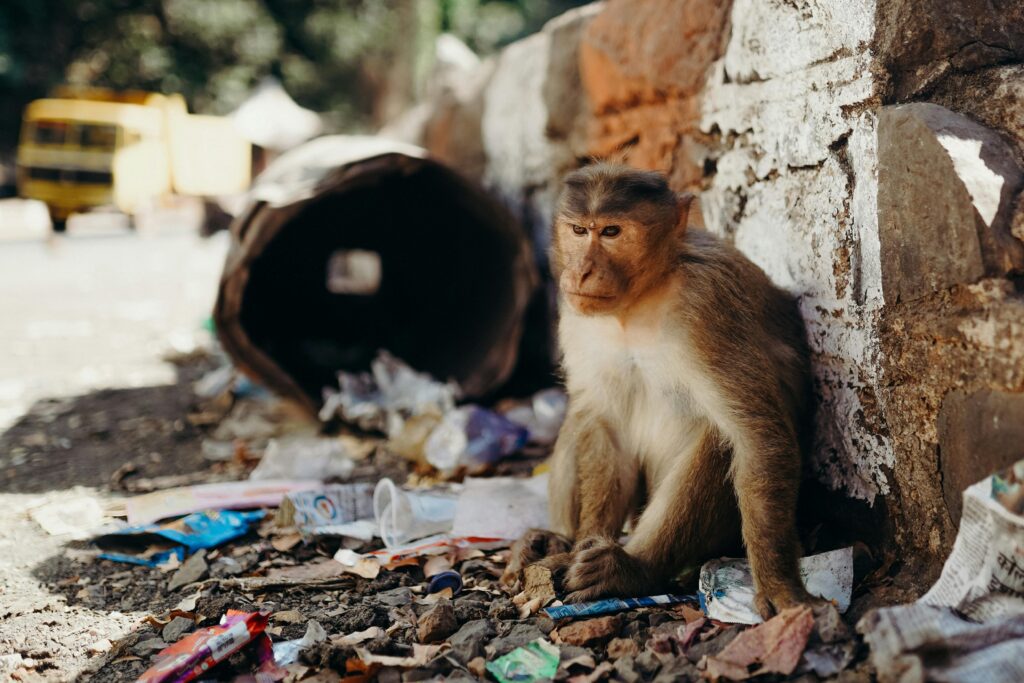Ethics in the Field

Take care of us
Being in the field — camera in hand, boots in the dirt, heart racing at the sight of something wild — is a privilege. But with that privilege comes responsibility. Ethics in the field means putting the wellbeing of wildlife, habitats, and local communities above the desire for a perfect photo or close-up encounter.
Wild animals don’t owe us anything. They don’t exist for our entertainment. Ethical field behavior is what ensures they’re still there tomorrow — behaving naturally, living freely, and unbothered by our presence.
Core Principles to Follow
Photographer-Specific Tips
Pack Out What You Pack In
Ethical field behavior isn’t about following a checklist — it’s about slowing down, paying attention, and realizing that your presence matters. The goal isn’t just to witness wildlife — it’s to leave it untouched, unharmed, and undisturbed.
Because the wild belongs to itself. And our job is to tread lightly, observe gratefully, and walk away having given more than we took.
Wild animals don’t owe us anything. They don’t exist for our entertainment. Ethical field behavior is what ensures they’re still there tomorrow — behaving naturally, living freely, and unbothered by our presence.
Core Principles to Follow
- Keep your distance. If an animal reacts to you, you’re too close. Back off and use a zoom lens instead.
- Never feed wildlife. It changes their behavior, creates dependency, and can lead to aggression or illness.
- Stay quiet and move slowly. Sudden movement or loud noise causes stress and may disrupt mating, feeding, or nesting.
- Stick to trails. Off-path walking can damage sensitive habitats, crush nests, or introduce invasive species.
- Don’t bait or lure animals. Throwing food or making noises to attract wildlife is unethical — and often illegal.
- Respect local guidelines and culture. Follow area-specific rules and listen to local guides or rangers.
Photographer-Specific Tips
- Turn off flash — it can blind, frighten, or disorient animals, especially nocturnal ones.
- Don’t chase the shot. Let moments unfold naturally, even if it means missing the “perfect” frame.
- Avoid staging or manipulating the environment — no breaking branches or altering scenes.
- Be honest in captions: don’t claim a wild encounter if it was taken in captivity or controlled conditions.
Pack Out What You Pack In
- Leave no trash, no food scraps, no trace.
- Even biodegradable items like fruit peels can harm wildlife or introduce disease.
- Respect the silence of wild spaces — they’re rare and powerful.
Ethical field behavior isn’t about following a checklist — it’s about slowing down, paying attention, and realizing that your presence matters. The goal isn’t just to witness wildlife — it’s to leave it untouched, unharmed, and undisturbed.
Because the wild belongs to itself. And our job is to tread lightly, observe gratefully, and walk away having given more than we took.
